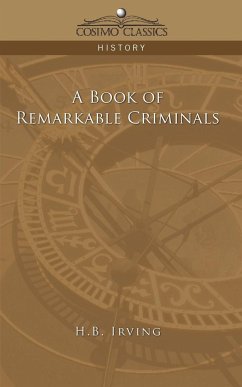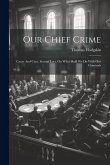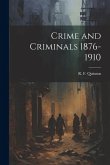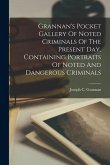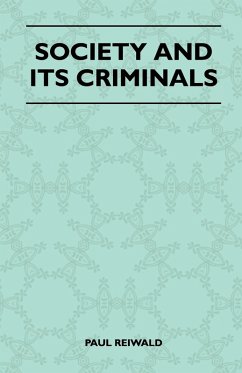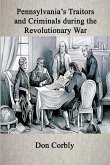[W]e must be content to study in the microcosm of ordinary crime those instincts, selfish, greedy, brutal which, exploited often by bad men in the so-called cause of nations, have wrought such havoc to the happiness of mankind. It is not too much to say that in every man there dwell the seeds of crime; whether they grow or are stifled in their growth by the good that is in us is a chance mysteriously determined. As children of nature we must not be surprised if our instincts are not all that they should be. -from the Introduction Writing in the sobering aftermath of World War I, Irving's famed 1918 treatise on some of the most infamous murderers of his day is powerfully fueled by the then newfound recognition that the evil men do is not limited to criminals. But this remains, nevertheless, a hugely entertaining narrative of such villains as Charles Pearce, the "outstanding popular figure in nineteenth-century crime," a professional burglar brought down by a crime of passion; Robert Butler, who "desire[d] to acquire things by a short cut, without taking the trouble to work for them honestly"; the gentleman murderer Professor John W. Webster; and H. H. Holmes, who was "completely insensible to all feelings of humanity." Crime buffs and readers of 19th-century history will find a gruesome delight in these Remarkable Criminals. British author HENRY BRODRIBB IRVING (1870-1919) studied law at Oxford University, but turned to writing about legal matters only after a long, acclaimed career as an actor on the British stage. He also wrote Studies of French Criminals of the Nineteenth Century.
Hinweis: Dieser Artikel kann nur an eine deutsche Lieferadresse ausgeliefert werden.
Hinweis: Dieser Artikel kann nur an eine deutsche Lieferadresse ausgeliefert werden.

